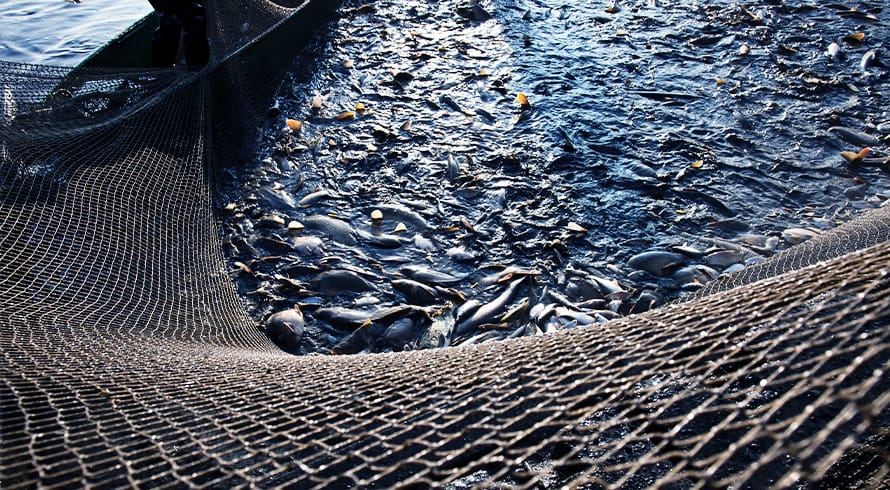The protection against self-help: Employers be aware
At a glance
- The Labour Appeal Court recently confirmed that an employer may not deduct or withhold any amount from an employee’s remuneration if the employee participated in an unlawful strike.
- On 14 December 2020, the NWPL informed staff that the principle of no work no pay was to be implemented from 15 December 2020.
- The principle is then that, as far as section 34 of the BCEA is concerned, if an employer fails to withhold remuneration at the end of the month during which an employee participated in an unprotected strike, the employer may not deduct or withhold any amount from the employee’s remuneration
The principle is that, if an employer fails to withhold remuneration at the end of the month during which the employee participated in an unprotected strike, as opposed to work, the employer may not deduct or withhold any amount from an employee’s remuneration unless (i) the employee in writing agrees to the deduction in respect of a debt specified in the agreement; or (ii) the deduction is required or permitted in terms of a law, collective agreement, court order or arbitration award.
Section 34 of the BCEA
This matter concerned an appeal against the judgment of the Labour Court in terms of which the appellant, the North West Provincial Legislature (NWPL), was interdicted and restrained from deducting any remuneration from members of the respondent, the National Union of Education, Health and Allied Workers Union (NEHAWU) until it had complied with section 34 of the Basic Conditions of Employment Act 75 of 1997 (BCEA).
From 16 November 2020 until 15 December 2020, employees of the NWPL engaged in unprotected strike action. On 14 December 2020, the NWPL informed staff that the principle of no work no pay was to be implemented from 15 December 2020.
Despite this, remuneration was paid to all striking employees by the NWPL, apparently because the NWPL failed to halt its payroll run to striking workers. Following this, the NWPL advised the respondent employees that it would deduct remuneration paid to employees who had been on strike from their salaries over a number of months.
Labour Court relief order
In response, NEHAWU approached the Labour Court on an urgent basis seeking urgent interim relief interdicting the NWPL from effecting and/or causing to effect any deductions from the remuneration of the respondent employees on the basis of their alleged participation in an unlawful strike. This was pending the hearing of Part B of the application in which an order was sought that the deductions made were in contravention of the BCEA and, as such, unlawful. The Labour Court granted final interdictory relief and it is that order which was the subject of the appeal.
Remuneration is paid in terms of a contract of employment in exchange for services rendered. Where services are not rendered by an employee, as a general rule, remuneration is not payable. The employees exercising their constitutionally protected right to strike in the context of collective bargaining involves a power play between the parties. Within this context, the withholding of labour by employees and the concomitant withholding of remuneration by employers are powerful tools available to each.
The principle of no work no pay to which section 67(3) of the LRA gives effect means that “an employer is not obliged to remunerate an employee for services that the employee does not render during a protected strike or a protected lock-out”. The same applies to an unprotected strike.
Compliance obligations
In spite of the fact that the NWPL was not obliged to remunerate the respondent employees for services that they did not render during their unprotected strike, it did so and, thereafter, sought to deduct such remuneration paid from their salaries unilaterally, without agreement, or in terms of an order obtained through an adjudicative or judicial process. In other words, in compliance with section 34 of the BCEA, which provides that: An employer may not make any deduction from an employee’s remuneration unless (i) the employee in writing agrees to the deduction in respect of a debt specified in the agreement; or (ii) the deduction is required or permitted in terms of a law, collective agreement, court order or arbitration award.
Since it is not common cause on what days or over what period all employees were on strike to allow deductions to be made unilaterally by the NWPL, without any agreement or impartial adjudication of the issue, would be patently unfair, unjust, and in violation of the express requirements of section 34. As has been made clear by our courts, the rule against self-help is necessary for the protection of the individual against arbitrary and subjective decisions and conduct of an adversary. It serves as a guarantee against partiality and the consequent injustice that may arise.
The legal position is simple and, as of now, trite and settled. Any contrary view fails to appreciate the distinction between an entitlement not to make payment of remuneration under certain circumstances, such as those that prevail during a strike, and the entitlement to deduct an amount from remuneration under circumstances such as those provided for in section 34.
In conclusion, the principle is then that, as far as section 34 of the BCEA is concerned, if an employer fails to withhold remuneration at the end of the month during which an employee participated in an unprotected strike, the employer may not deduct or withhold any amount from the employee’s remuneration unless (i) the employee in writing agrees to the deduction in respect of a debt specified in the agreement; or (ii) the deduction is required or permitted in terms of a law, collective agreement, court order or arbitration award.
The information and material published on this website is provided for general purposes only and does not constitute legal advice. We make every effort to ensure that the content is updated regularly and to offer the most current and accurate information. Please consult one of our lawyers on any specific legal problem or matter. We accept no responsibility for any loss or damage, whether direct or consequential, which may arise from reliance on the information contained in these pages. Please refer to our full terms and conditions. Copyright © 2025 Cliffe Dekker Hofmeyr. All rights reserved. For permission to reproduce an article or publication, please contact us cliffedekkerhofmeyr@cdhlegal.com.
Subscribe
We support our clients’ strategic and operational needs by offering innovative, integrated and high quality thought leadership. To stay up to date on the latest legal developments that may potentially impact your business, subscribe to our alerts, seminar and webinar invitations.
Subscribe




